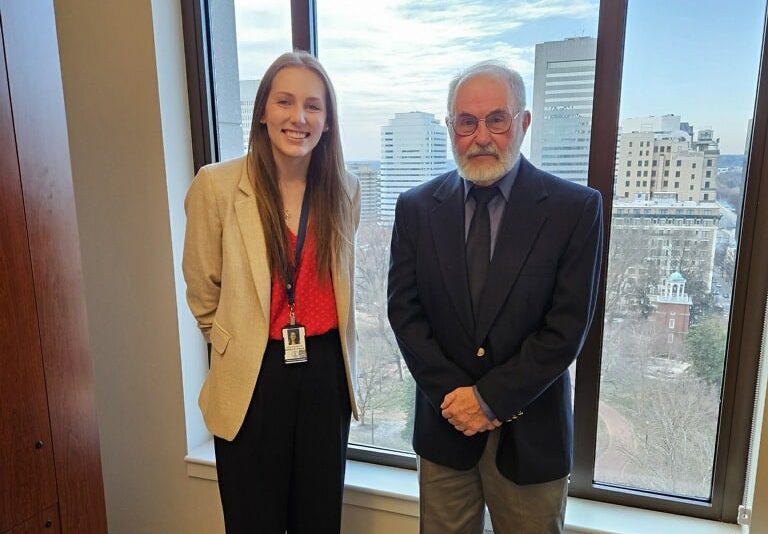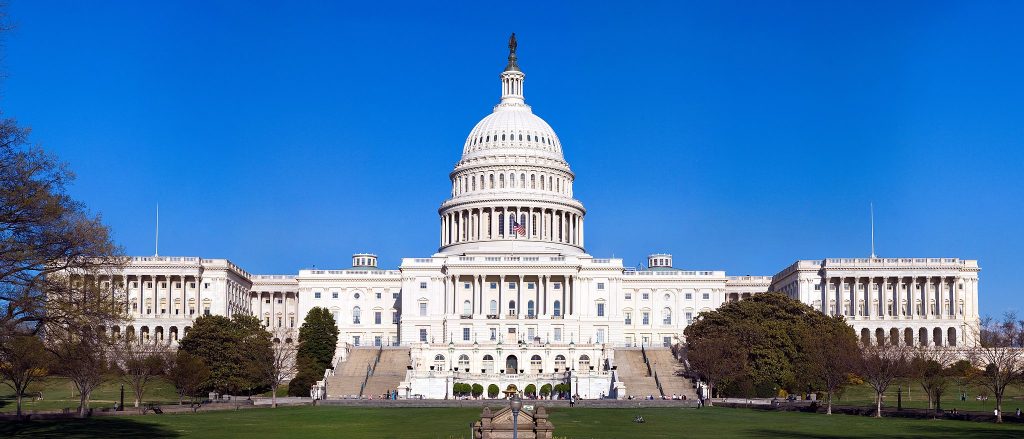Biodiversity in Appalachia’s Future
By Paul L. Angermeier
Paul Angermeier is a research scientist with the U.S. Geological Survey and a professor at Virginia Tech in Blacksburg, VA
Appalachia is blessed with fantastic biological diversity that is practically invisible to most of us. Biodiversity is the variety of living organisms and their assemblages in our backyards and regions. It’s typically described for genes, species, and ecosystems (e.g., the genetic diversity within a species or the diversity of forests, grasslands, and streams). Across Appalachia, we see distinctive sets of trees, insects, fishes, and birds in each new habitat.
People care about biodiversity for many reasons. Some recognize intrinsic value of living things but most of us focus on utilitarian value. Biota provide people with three major “services” — provisioning, regulating, and cultural. These comprise extractable goods (e.g., food, water), the ways that biota enhance our environment (e.g., forests modulate climate and rivers process sewage), and the ways that biota enrich our lives via beauty, inspiration, recreation, and knowledge.
Trends for biodiversity are worrisome. There are exceptions (e.g., bald eagle) but the overwhelming trend is increasing loss.
Biologists predict pervasive biotic change, including waves of extinction, invasion by nonnatives, and loss of genes. The main causes are habitat destruction and introduction of nonnative species, common by-products of economic growth. The greatest immediate threat in Appalachia is urbanization — the spread of roads, malls, and houses.
Continued loss of biodiversity will diminish the quality of human lives. Less biodiversity means less interesting, less functional ecosystems, with fewer natural marvels and fewer resources for humans.
There are many actions we can take to slow biodiversity loss. We can learn more about the native biota in our backyard and region.
We can support conservation of natural lands and properly managed “working” lands. We can avoid using nonnative species. We can advocate to protect ecosystems via laws such as the Endangered Species Act and Clean Water Act, as well as local counterparts. We can recognize the tremendous value of the services provided by biota and weigh it more deliberately when we choose what to buy and how to vote.
If we live more sustainably – as individuals and communities – we stand a better chance of passing on to our children the wonders and benefits of the rich evolutionary tapestry of Appalachia’s biodiversity.
Related Articles
Latest News

Leave a comment
Your email address will not be published. Required fields are marked *





Leave a Comment